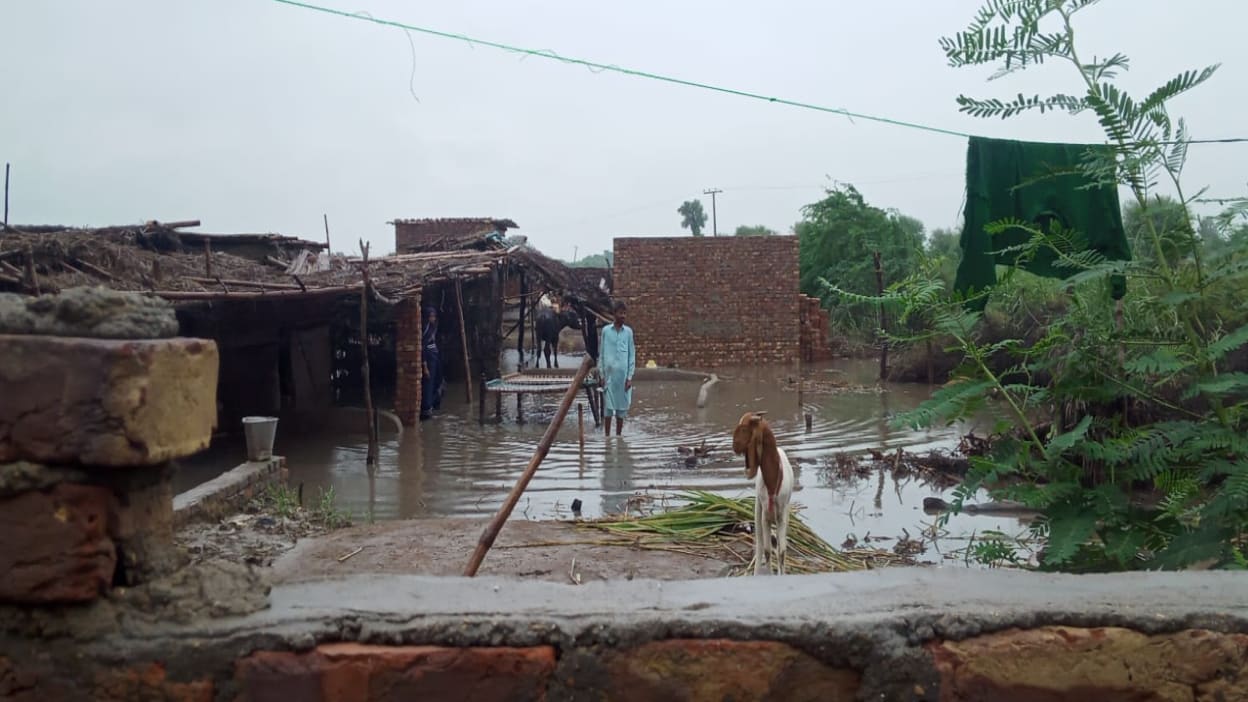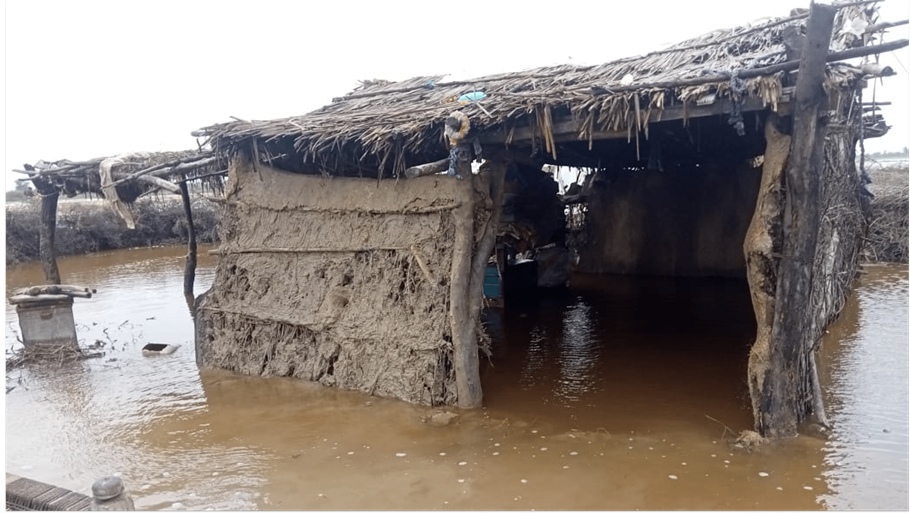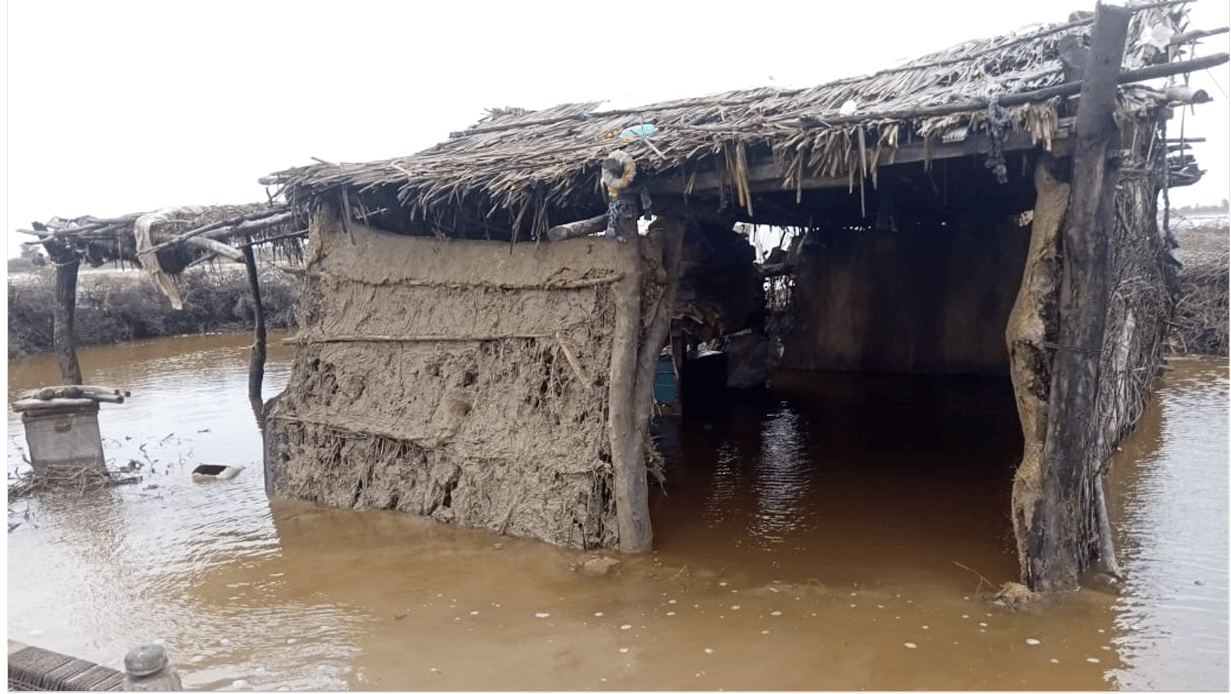According to the preliminary data, the first week of July was the warmest the world has ever had. And it comes on the heels of the hottest June on record – a month that registered sea surface temperatures of unprecedented highs and a record low for sea ice extent in the Antarctic.
This is bad news for the planet, for the climate, and for humans.
The impacts and effects of these record-breaking temperatures have the potential to cause widespread devastation, making the occurrence of natural disasters more frequent and more intense.
Dr Baddour, chief of climate monitoring at the World Meteorological Organisation (WMO), explains in a report by the WMO: ‘The North Atlantic is one of the key drivers of extreme weather. With the warming of the Atlantic there is an increasing likelihood of more hurricanes and tropical cyclones.’
Earlier in June, around 170,000 people across India and Pakistan were evacuated from their homes to help keep them safe from Cyclone Biparjoy, which set a record for the longest-lasting cyclonic storm over the Arabian Sea.
Last year’s floods in Pakistan
Terrible flooding during last year’s monsoon season in Pakistan claimed the lives of at least 1,700 people and left an estimated 20 million in need of humanitarian assistance.
At a meeting last month between representatives of the Disasters Emergency Committee (DEC) charities, including Tearfund, and His Majesty King Charles III to discuss the impact of money donated by the UK, DEC Chief Executive, Saleh Saeed, described how: ‘Months after the disaster struck, people were still stuck on roadways surrounded by floodwater... Not only had they lost their homes and possessions, but in an area where people depend on agriculture, they had lost their livelihoods and source of income as well.’
Monsoon season in Pakistan
Now, the monsoon season has started again in Pakistan.
By 26 July this year, the heavy rains had already claimed the lives of 157 people and injured at least 249 since the start of the monsoon season on 25 June. The National Disaster Management Authority in Pakistan reports that the majority of deaths were in Punjab, and were mainly due to electrocution and buildings collapsing. There have also been occurrences of landslides, one of which resulted in the tragic deaths of eight children aged between nine and 14 while they were playing cricket.
Record-breaking rain in Lahore left roads flooded and residents without electricity and water for long hours and, as at 24 July, 183 villages in the Dadu district of Sindh had no road access due to heavy rains. Dadu was the district worst affected by last year’s floods and is one of the areas where Tearfund has been carrying out a flood response and rehabilitation project through our local partner, the Rural Education and Economic Development Society.
Other Tearfund work and partners have also been put at risk in the low-lying areas of Hyderabad and Mirpurkhas because of urban flooding.
Scientists have said the climate crisis is making seasonal rains heavier and more unpredictable and, at the time of writing, further heavy rainfall was still expected in several parts of the country, with further risk of landslides, flash floods and urban flooding anticipated.
The water levels in rivers in Pakistan have also been rising because of increased inflow from heavy rains and flooding in India, and it was reported that 95 people had to be rescued near the Ravi river.














